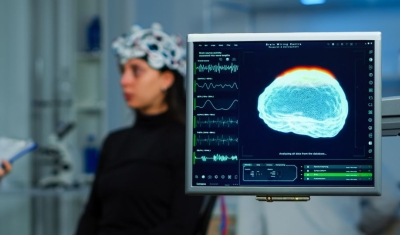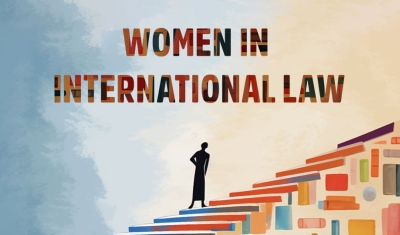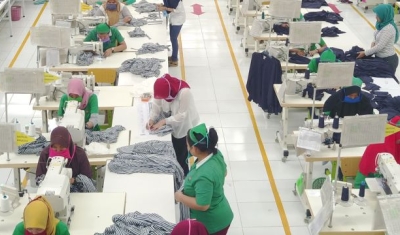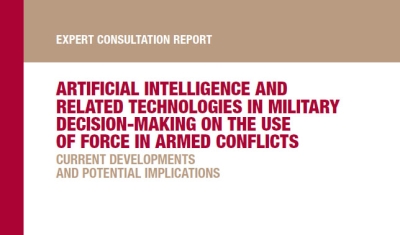Dr Harper started her intervention by debunking some myths and misconceptions related to these technologies, notably the perception that they are entirely novel. Many have been in development for decades, with militaries experimenting with neuro-weapons dating back to the 1950s. The true innovation lies in the integration of artificial intelligence (AI) and machine learning into existing military tools, exponentially expanding their capabilities and potential harm. This accelerated integration of AI has thrust the issue into the global spotlight due to its rapid pace.
Dr Harper also stressed the misconception that these technologies are solely developed for military purposes, underlying their extensive borrowing and repurposing across various sectors. For instance, neurotechnology initially designed for therapeutic purposes in medical settings has evolved to have military applications, and predictive algorithms, originally developed for different contexts, have found utility in automating risk assessment and building autonomous weapons systems.
Interestingly, Dr Harper stressed that the main drivers behind these technologies' development have shifted from the military itself to private companies – a shift that led to a significant reduction in costs, making military-grade devices like drones and TCDS headsets more accessible and affordable. However, this accessibility has inadvertently opened doors for non-state armed groups and private military and security companies to acquire and employ these technologies.
Dr Harper also underscored that these technologies are not only being embraced by the military and non-state actors but are also increasingly integrated into law enforcement and government surveillance efforts. The risks associated with these technologies falling into the wrong hands are very real, potentially leading to a multitude of ethical and human rights violations.











